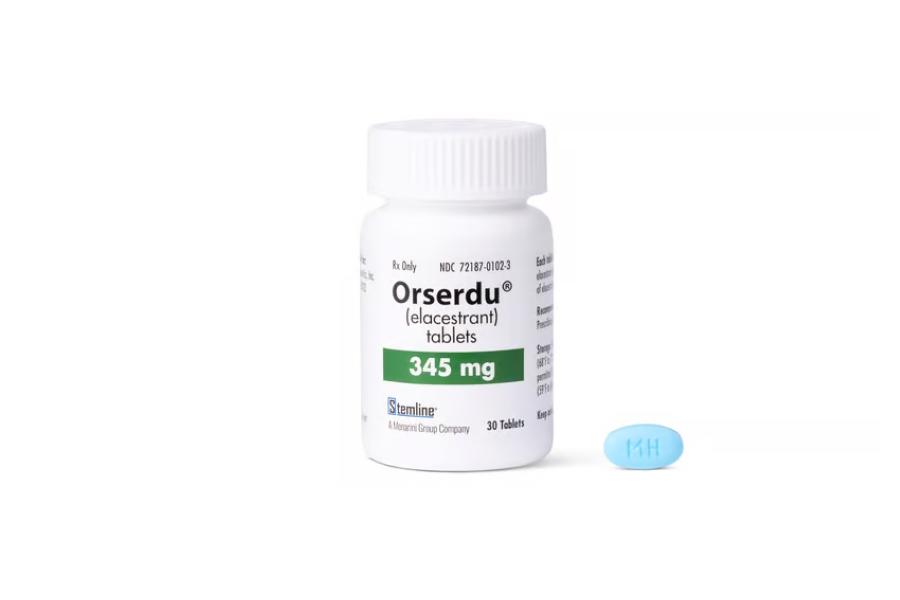Menarini brings oral SERD to Europe with Orserdu okay

Menarini has secured EU approval for Orserdu, the first in a new class of oral selective oestrogen receptor degrader (SERD) drugs and the first innovation in endocrine therapy for advanced breast cancer in nearly 20 years.
Orserdu (elacestrant) has been approved by the European Commission to treat patients with advanced or metastatic oestrogen receptor-positive, HER2-negative breast cancer – after at least one prior line of hormonal therapy, including a CDK4/6 inhibitor – who also have a mutation called ESR1 in the oestrogen receptor.
The label for the drug matches that in the US, where Menarini’s subsidiary Stemline Therapeutics got a green light to market Orserdu earlier this year, and is narrower than originally sought by the company as it excludes patients without ESR1 mutations.
Nevertheless, the ESR1-positive group accounts for up to 40% of this form of breast cancer, which is diagnosed in hundreds of thousands of patients in Europe every year, suggesting that there could be a big market for the drug if Menarini can encourage the adoption of ESR1 testing.
ESR1 mutations typically develop as a result of exposure to endocrine therapy, so there is a clear rationale to test patients after their response to first-line hormonal therapies starts to wane.
According to Giuseppe Curigliano, a breast cancer specialist at the University of Milano and European Institute of Oncology and one of the investigators in Orserdu’s trials programme, a "significant number" of patients with this type of breast cancer ultimately develop ESR1 mutations at some point.
“It is important to test for ESR1 each time a [metastatic breast cancer] patient experiences disease progression, to understand what is fuelling their breast cancer,” he said, adding: Orserdu “gives us the first-ever treatment option that directly acts against the very mutations that make this form of breast cancer more difficult to treat.”
Orserdu’s approval is based on the results of the EMERALD trial, which demonstrated a statistically significant 45% improvement in progression-free survival (PFS) in ESR1-positive patients compared to a control group treated with standard second-line endocrine monotherapies. The median PFS was 3.8 months with Orserdu, compared with 1.9 months for a control group.
Current second-line options include injectable fulvestrant – sold by AZ as Faslodex and, until now, the only SERD approved for breast cancer in the EU – as well as aromatase inhibitors like letrozole, anastrozole, or exemestane.
Faslodex made blockbuster sales at its peak but has now succumbed to generic competition, and Orserdu is off to a good start, with sales predicted to reach $175 million this year.
Menarini has grabbed a lead in the development of the oral SERD class, reaching the market ahead of bigger rivals, including Roche with giredestrant and AstraZeneca with camizestrant.
Another competitor, Sanofi’s amcenestrant, was out in front at one point with its amcenestrant candidate but abandoned the programme last year after it failed a phase 3 study.













